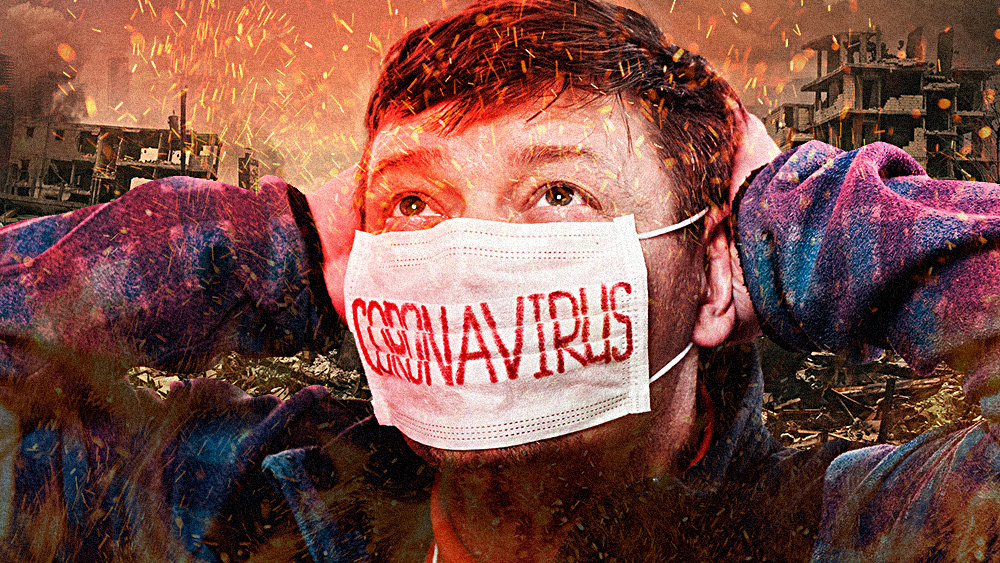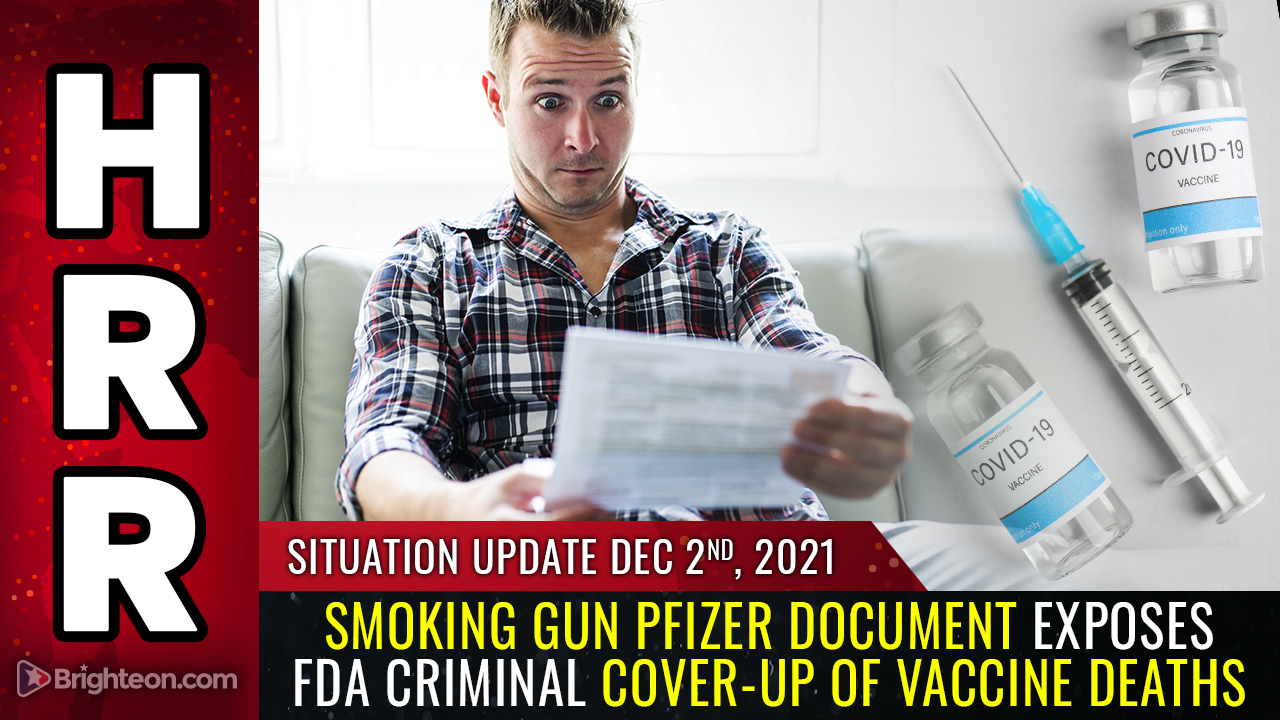ICAN sues CDC over the statement “Vaccines Do Not Cause Autism”
03/02/2021 / By Nolan Barton

Informed Consent Action Network (ICAN) founder Del Bigtree sued the Centers for Disease Control and Prevention (CDC) in an effort to get the latter to remove the statement “Vaccines Do Not Cause Autism” from its website.
Bigtree, host of the popular health and medical science news series “The HighWire with Del Bigtree,” said that the federal agency already removed the statement on Aug. 27 last year but put it back again shortly after ICAN issued a press release about the change on Jan. 25.
The Emmy-award winning producer claimed the statement is inaccurate as no studies could prove that vaccines given to infants do not cause autism.
Bigtree said the neurological problem diagnosed within six months to one year of the baby’s life has a link to vaccinations provided immediately after birth. He alleged that five vaccines – DTaP, HepB, Hib, PCV13 and IPV – injected three times within six months of a baby’s birth can increase the neurological disorder.
Experts like Mark Sadaka, who has handled vaccination cases as vaccine injury lawyer, felt that CDC should make changes to the language used to present the information to the public.
Adding the information regarding the lack of studies on the effects of vaccines within the first six month of babies would eliminate any confusion and lawsuits.
ICAN vs CDC through the years
ICAN and the CDC were going at it for more than three years.
Their back-and-forth started in October 2017. In a letter to the secretary of the Department of Health & Human Services (HHS), ICAN challenged the CDC to explain how it claims that “Vaccines Do Not Cause Autism” when the Institute of Medicine (IOM) recently found that there is not a single study to support that a common vaccine given to babies does not cause autism.
HHS’s response provided no proof that any of the vaccines given to newborns in their first six months do not cause autism.
On December 31, 2018, ICAN again demanded that the CDC provide the studies for this claim. When those studies were not produced, ICAN submitted Freedom of Information Act requests for copies of the studies the CDC relied upon to claim the vaccines given during the first six months of life do not cause autism. (Related: The MMR vaccine-autism connection: CDC corruption exposed.)
When the CDC failed to produce a list of the studies to support this claim, ICAN sued the CDC in federal court.
The CDC finally entered into a stipulation, signed by a federal court judge. Again, the CDC failed to support its claims that the vaccines in question do not cause autism.
In the stipulation and order, the CDC was only able to identify 20 studies: 1 relating to MMR (not a vaccine ICAN asked about); 13 relating to thimerosal (not an ingredient in any vaccine ICAN asked about); 4 relating to both MMR and thimerosal; 1 relating to antigen (not a vaccine) exposure; and 1 relating to MMR, thimerosal and DTaP.
The only study the CDC listed that actually looked at any of the vaccines given to babies during the first six months of life concluded that there are no studies to support that DTaP does not cause autism. It was the one study relating to DTaP – a recent review by the IOM and paid for by the CDC.
IOM conducted a comprehensive review looking specifically for studies relating to whether DTaP does or does not cause autism, but it could not identify a single study to support that DTaP does not cause autism.
After the conclusion of the court case, the CDC removed its claim that “Vaccines Do Not Cause Autism.”
“This is a watershed moment for the vaccine risk awareness movement, and a victory for families and children everywhere,” said Bigtree in a press release. “This is a game changer.”
But with the CDC putting back up the statement, the game is back to square one.
Follow Immunization.news for more news and information related to vaccines.
Sources include:
Tagged Under: autism, Centers for Disease Control and Prevention (CDC), Del Bigtree, Department of Health & Human Services (HHS), dtap, HepB, hib, Informed Consent Action Network (ICAN), Institute of Medicine (IOM), vaccine
RECENT NEWS & ARTICLES
COPYRIGHT © 2017 SCIENTIFIC NEWS





















